Airbnb Hurricane Policy: Tips & Tricks to Safeguard Your Rental Booking During Hurricane Season
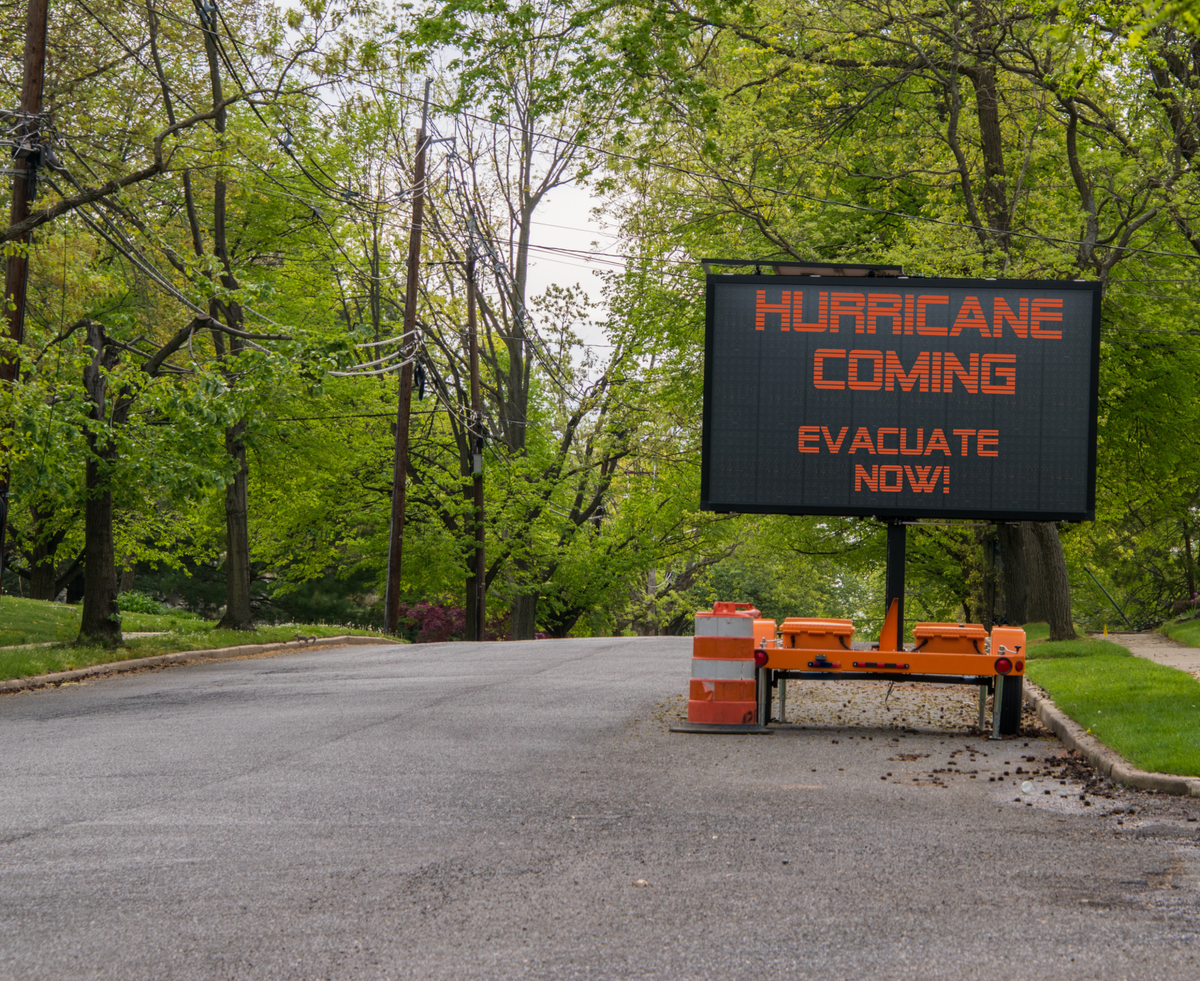
In September 2022, Hurricane Ian barrelled ruthlessly toward Florida’s coast. When it made landfall, it wreaked unimaginable havoc on Florida’s Gulf Coast. It hit northern and central Florida with a Category 5 storm on the Saffir-Simpson Hurricane Wind Scale, producing catastrophic damage, flash floods, and squalling winds.
The hurricane later went on to cause significant wind damage and flooding in Cuba, North Carolina, and South Carolina. In the end, it was marked as one of the costliest and most destructive hurricanes in history, claiming approximately 150 deaths and causing over $112 billion in total damages.
When the evacuation orders came, both residents and tourists had to be moved to safer zones. All the while, airports and popular tourism spots were compelled to remain shut, and there were many flight cancellations. There were large scale outages and the government declared local emergencies.
The tourists who had booked Airbnb vacation rentals suffered exponentially. Cancellations that happened on account of Ian were denied refunds—leaving a bad aftertaste for many loyal Airbnb users. In fact, the Airbnb Hurricane Policy left many disgruntled and unhappy over the unforeseen events.
If you are planning a trip to Florida or other hurricane-prone areas, this article is for you. We will delve into Airbnb’s Hurricane Policy while providing tips and tricks to safeguard yourself and your property during the hurricane season.
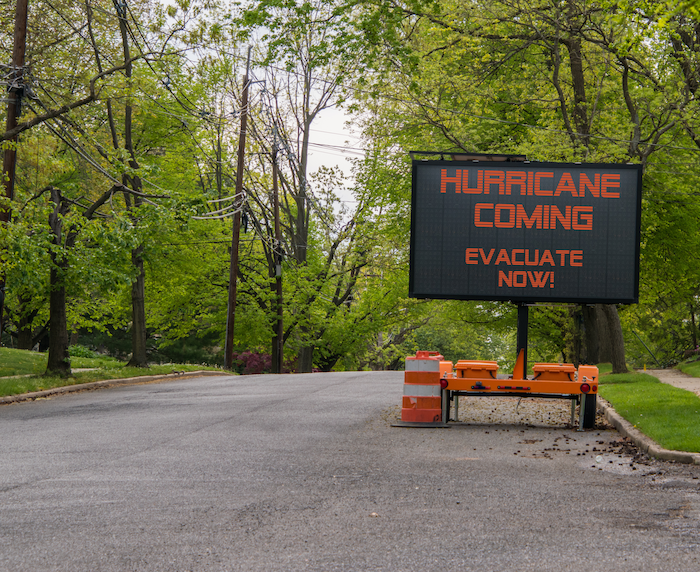
The Airbnb Hurricane Policy
The Airbnb Hurricane Policy is a part of the Airbnb Extenuating Circumstances Policy. It is set in place to standardize how reservation cancellations occur during unforeseen events beyond anyone’s control. The policy applies to both accommodation and experience reservations offered by Airbnb.
It takes precedence over Airbnb’s standard cancellation policies. Guests affected by extenuating circumstances are entitled to cancel their reservation and receive a cash refund, travel credit, and/or other considerations, depending on the circumstances.
Changes in government travel requirements, health emergencies and epidemics, government travel restrictions, military actions and civil unrest, and natural disasters are all considered within Airbnb’s Extenuating Circumstances Policy.
While extenuating conditions such as volcanic eruptions, tsunamis, and earthquakes are considered within the policy—hurricanes are not.
Why? Well, its common enough knowledge that the Atlantic Ocean falls prey to a hurricane season between June and November. Florida, with its long coastline and location, is often right in the middle of many hurricane paths.
As a result, Airbnb guests are not entitled to receive refunds if they cancel their booking due to a hurricane, as they are expected to plan their travel and stay accordingly.

Will Airbnb Refund Me For a Hurricane?
Unfortunately, Florida hurricanes are not considered for refunds.
The Airbnb Extenuating Circumstances Policy allows guests to cancel and obtain refunds for unforeseen natural conditions beyond anyone’s control, such as tsunamis and volcanic eruptions.
In contrast, hurricane season is predicted to occur in Florida from June to November. As a result, hurricanes are perceived to be predictable.
However, if guests cancel a reservation at least 30 days before check-in, they are entitled to full refunds. If they cancel a booking 10 days before due to a hurricane, hosts must pay a partial refund to the guest. For anything less than that, Airbnb leaves it to the discretion of the host whether or not to issue full refunds, according to their listing’s normal cancellation policy.
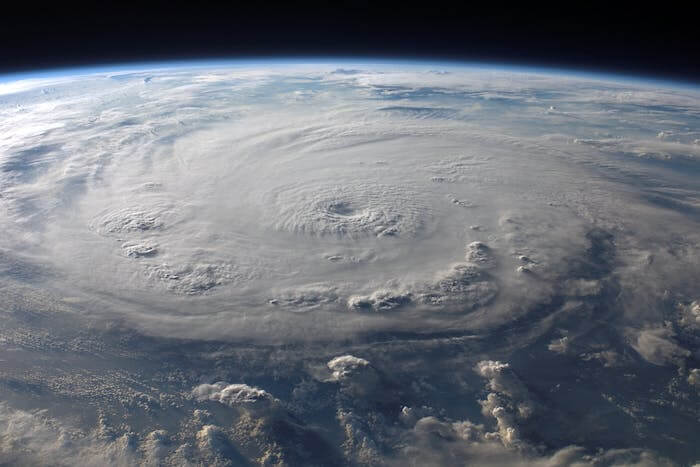
Does Airbnb Insurance Cover Hurricanes?
Airbnb provides a comprehensive protection program to all its guests. AirCover, as the protection program is known, comes complimentary with every booking. It includes policies about reservations, bookings, a 24-hour safety helpline, and other support.
AirCover protects guests’ interest if a host cancels, in the case of inaccurate property listings, intrusions in the living space, uninhabitable living conditions due to lack of cleanliness, safety, and health hazards at the time of check-in, and absence of key features on the property that were advertised, but in reality, were not on the property. For example, if the host promoted that the home is fully air-conditioned, and there is no AC.
Unfortunately, Airbnb’s protection program for guests does not include hurricanes, as hurricane season is enough to be a foreseeable natural disaster. As a result, guests are expected to plan their travel accordingly or are at the mercy of the homeowner.
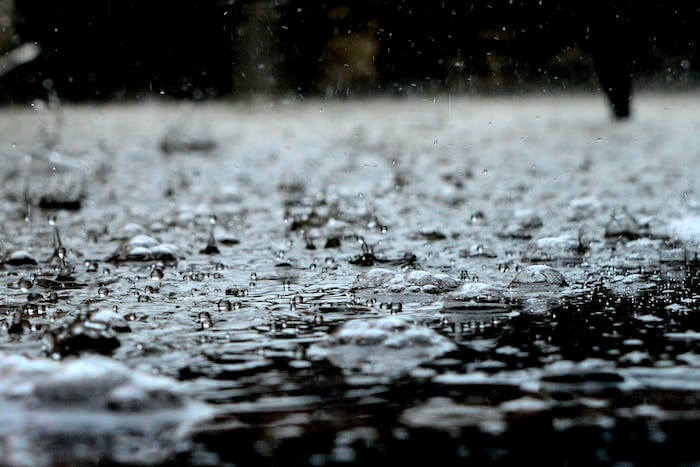
Can You Cancel an Airbnb Reservation Due to Adverse Weather?
Fortunately, Airbnb allows guests to cancel their reservations due to bad weather. But there’s a caveat.
According to its Extenuating Circumstances Policy, Airbnb only allows guests to cancel their bookings and receive refunds if the circumstances were not foreseeable at the time of booking.
If the house you rented is struck by a tsunami or a snowstorm, and your stay is cut short or canceled, it is deemed acceptable for guests to cancel their Airbnb reservations and receive a refund.
Airbnb has, in fact, listed various natural disasters, weather conditions, and diseases across the world that guests should take note of and plan their travel accordingly.
Are Natural Disasters Covered?
The vacation rental company’s Extenuating Circumstances Policy allows guests to cancel a reservation “only where the circumstances were not foreseeable at the time the reservation was made.”
Natural disasters, such as weather conditions that are predictable enough to be foreseen, are excluded.

Tips to Secure Your Rentals During Hurricane Season
Volusia County in Florida, home to the world-famous Daytona Beach, is a popular tourist destination with scores of hotels and vacation rentals. Hurricane Ian brought this sprawling county to its knees, causing at least $377 million in damages. The backyards of several coastal properties were drowned, and many beach ramps and walkways were damaged. The Daytona Beach International Airport was also shut down.
Apart from the massive impact on tourism, hosts of vacation rentals had to pay hundreds of thousands of dollars to repair their properties.
If you live along the coast or in an area with predictable weather conditions, such as hurricanes occurring in Florida, it would be well to learn from these damages. Here are some steps you can take to prepare yourself beforehand and secure your property.

Rental Insurance
If the property is in a hurricane-prone zone, purchasing comprehensive rental insurance coverage from a trusted insurer is essential. In the case of hurricanes, standard rental insurance policies cover damages from wind, hail, fire, and falling objects caused by it.
Most rental insurers cover personal property damages, including perils to objects within your home, such as clothes, furniture, and electronics. Loss of Use policies will reimburse you for living expenses if your property is severely damaged and you require alternative living arrangements. Liability and medical expenses cover the costs for medical and legal needs in case you are found liable.
It is important to note that flood damage from a hurricane is typically not covered in most insurance policies. It is always a good idea to be cautious and purchase a flood insurance policy as well.
Emergency Plan
Homeowners with property in a disaster-prone zone should always provide a safety net for guests should anything occur. Here are several things you can do to help your guests should an emergency occur:
List Out Emergency Contacts
These include the nearby police station and fire department that guests can easily connect with in an emergency.
Install Backup Power
Electricity is one of the first amenities to be affected during natural disasters. Help guests feel comfortable in your rental property by installing a power generator that can provide the necessary power in times of power cuts.
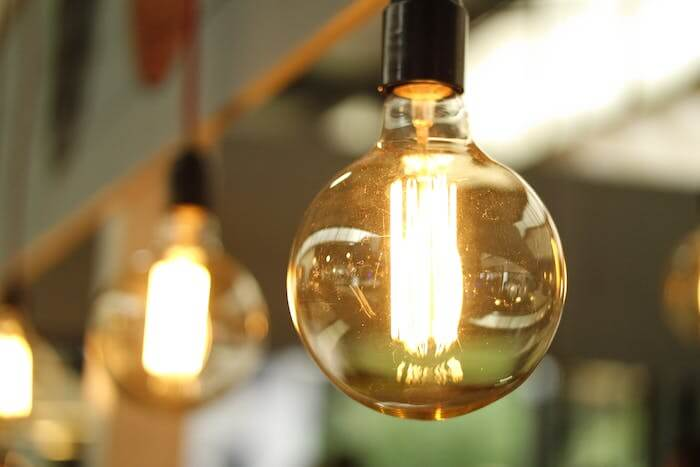
Emergency Kits
Whether staying indoors or evacuating your home, having an emergency kit on hand is essential.
Food and water are the most important. Remember, the water supply may abruptly stop, so stock up on water bottles. Buy non-perishable food items that can last a few days without being refrigerated, such as nuts, canned fruits and vegetables, canned tuna, boxed cereal, ketchup, tomatoes, olive oil, and mustard.
Next, ensure your first-aid kit has everything your guests may need. Battery-powered flashlights, power banks, clothes, personal sanitary items, and other essential utilities should also factor into your emergency kit list.
Ensure your guests know where these emergency kits are located.
Contact Your Guest
It may seem counterintuitive to contact your guest when a hurricane or tropical storm is about to occur, but the gesture can go a long way. Make contact with your guest before the disaster occurs. Guide them on where to find supplies, safe areas in the house to take shelter, first aid kit, resources they can reach out to locally to seek help, and more.
Strap Down the Roof
The rental’s roof is the most exposed part of the property during a hurricane and incurs the most damage. Hurricane Ian’s fastest recorded speed was 155 mph. At this speed, your roof can fly off and cause severe damage.
Use hurricane roof straps or clips to hold down the roof to break the impact of the wind.
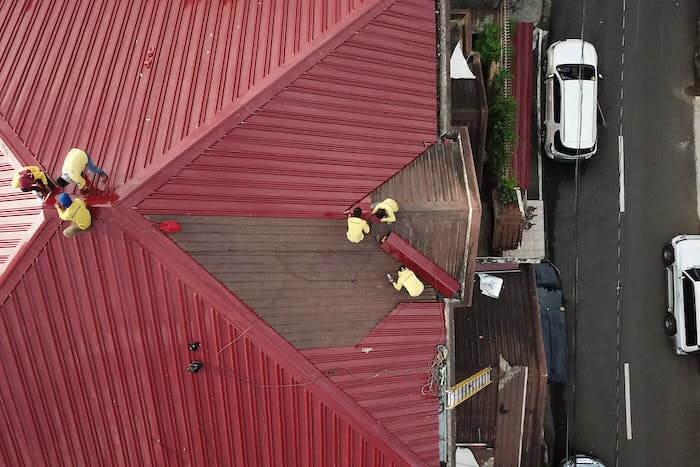
Hurricane Shutters
Protecting your home from the perils of a hurricane is imperative to save you from significant financial losses. After the roof, the next, most-prone-to-damage part of your house is the windows. One of the most cost-effective solutions is hurricane shutters. They are perfect for shielding your windows from falling objects and come in plenty of designs.
Further, shutters are often robust and can double as excellent shields to protect your home from robberies and protect your rooms from collecting water during torrential rainfall.
Secure Outdoor Items
Store your car, cycles, bins, and gardening equipment like lawnmowers, outdoor furniture, grass cutters, pipes, and more securely inside the home or in the garage. But, if you have a trailer wagon, chain it firmly to a tree to ensure it doesn’t move and cause damage.
Transfer yachts, boats, and other watercraft to land, and secure them in a safe space during the storm. They can undergo severe damage and sink with highly destructive hurricane wind surges.
Trim Trees
Trees become a liability in the face of a hurricane. With strong gusts of wind, trees can fall and damage cars or even blow off and cause damage to people, homes, and other vehicles in the area. Ensure that you trim trees so that even if they fall, they steer clear of items in the area. If a tree is very old, consider chopping it off completely.

Final Thoughts
Year after year, Florida emerges as one of the most popular destinations for the summer. The Sunshine State has much to offer, especially its sandy beaches in Miami, Tampa, Fort Myers, and more. However, it comes with its share of weather perils — hurricanes.
While there are several ways to secure your vacation rental property from the wrath of a hurricane, homeowners often miss out on one crucial consideration — legal. The unprecedented chaos that Hurricane Ian created in its wake left several guests making legal inquiries about their entitlements and reservations during naturally-occuring disasters. Hosts should mitigate such legal risks by consulting with lawyers ahead of a hurricane to take the necessary steps to safeguard their interests.
One such step is to sign short-term vacation agreements. These are designed to communicate what guests and hosts are entitled to do during a hurricane to avoid future disputes.
Such agreements address guest responsibilities such as following evacuation orders, securing the rental home before leaving, and taking note of and reporting damages caused promptly. Cancellations and refund policies are also highlighted, and they typically state the terms and conditions under which refunds can be made, the process for cancellations, the timeframe for communicating any changes in the reservation, and other refund policies.
Short-term vacation agreements may also require guests to show proof of purchased travel insurance and the need for a security deposit. The short-term vacation lease agreement will explicitly state how this deposit may cover certain damages caused by the hurricane. Lastly, homeowners can also include details about emergency procedures, evacuation guidelines, communication channels, and contact information that guests can use to stay informed.
Airbnb may provide extensive coverage for hosts, but it is also pertinent for hosts to take the necessary precautions and mitigate risks. Automation software like iGMS can help to streamline tasks and give you the time to focus on taking the necessary precautions.
The following are just some of the daily tasks that it can streamline:
- Managing multiple accounts and listings on vacation rental websites
- Organizing your guest communication into a single feed and using automated templates and triggered messaging to streamline guest communication
- Automating the process of leaving guest reviews
- Creating a business website for direct bookings and managing direct bookings using a direct booking management toolkit
- Tracking your business performance on an analytics dashboard
- Receiving payouts and creating invoices by connecting your Stripe account to iGMS
- Sharing daily cleaning schedules with your team and auto-assigning tasks.




![Complete Vacation Rental Email Marketing for Hosts [+ Top Tools]](/content/images/size/w600/2026/01/email-marketing.jpg)
